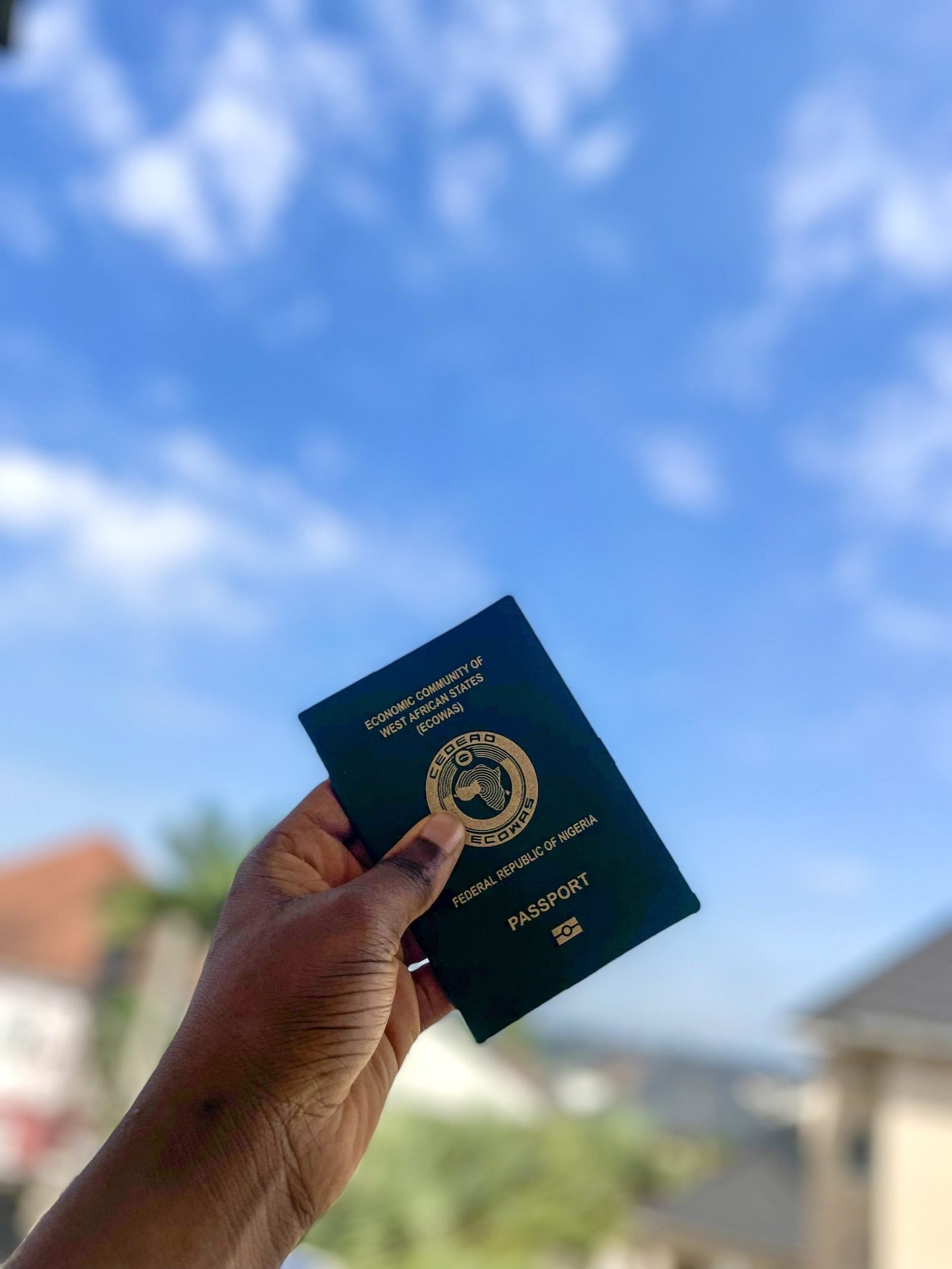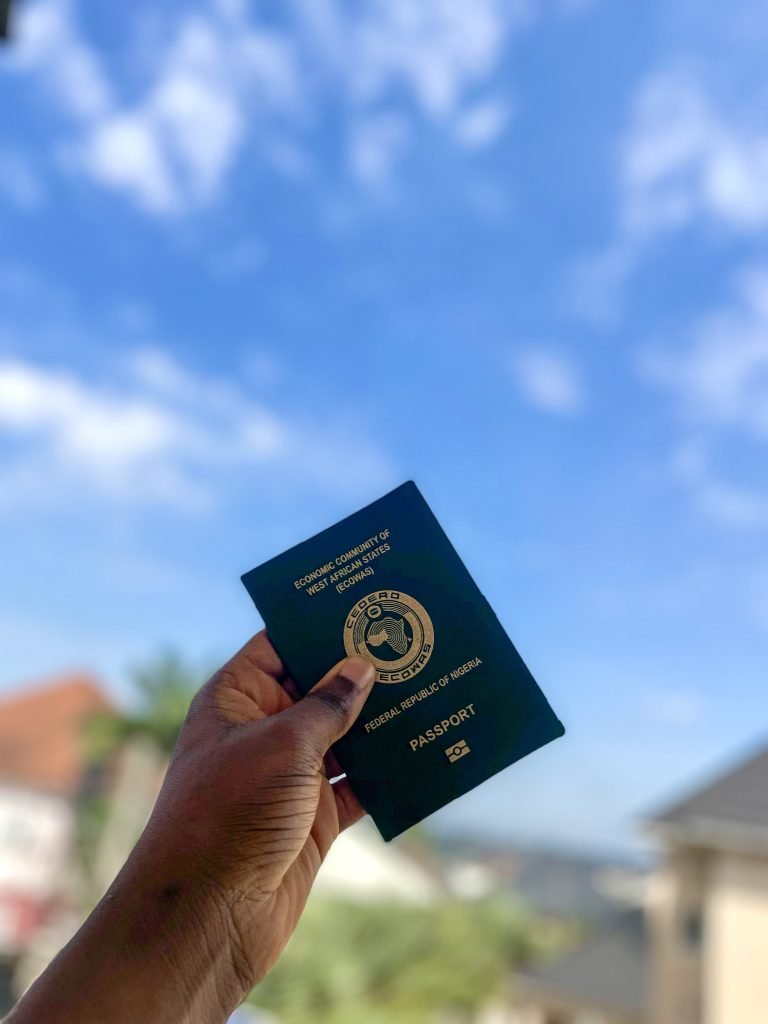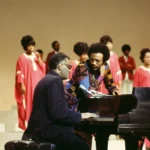All You Need To Know About Nigerian Citizenship


In light of all the citizenship conversations in the Nigerian political and social space, I decided to come up with an all-you-need-to-know article on Nigerian citizenship. I hope this educates as many who are clueless. In this article, you will be reminded of your duty as a citizen of Nigeria. This is also an article that should refresh any residual knowledge you have on Nigerian citizenship. There will be some critiques and recommendations for a more inclusive constitutional provision on citizenship.
First of all, Nigerian citizenship can be acquired in three different ways.
- Citizenship by birth
This is the very obvious way of acquiring citizenship. However, it would surprise you to know that though the constitutional provision says “citizenship by birth”, it doesn’t automatically mean that everyone who is born in Nigeria automatically becomes a citizen as in countries like the United States of America. For you to be considered eligible for citizenship by birth status, you must be:
A person who was born in Nigeria before independence and either of such a person’s parents or grandparents must have belonged/belongs to a community indigenous to Nigeria and by implication, must have been born in Nigeria.
A person who was born in Nigeria after the date of independence either of whose parents or any of whose grandparents is a citizen of Nigeria.
Lastly, anyone born outside Nigeria and either of whose parents is a citizen of Nigeria. In this category, emphasis is laid on parents. The citizenship of either of such a person’s grandparents will not suffice, unfortunately. However, it doesn’t mean the door of citizenship is closed to an individual in this category. Citizenship can be acquired in other ways.
- Citizenship by registration
Registration is another way to acquire Nigerian citizenship. This category of citizenship can only be acquired when a person has fulfilled certain conditions. Such a person must be a person of good character, must show a clear intention to be domiciled in Nigeria, take the Oath of Allegiance and must be of full age and capacity.
There are two categories of people eligible for acquiring citizenship through this means. They are:
Any woman who is or has been married to a citizen of Nigeria. Please take note that the provision is only for women married to Nigerian men. It is quite unfair that men married to Nigerian women do not have the opportunity to become citizens by registration. If you are a man married to a Nigerian woman, the only option available for becoming a Nigerian citizen is acquiring citizenship by naturalization and the conditions are a bit more stringent.
This way of acquiring citizenship is also open to every person of full age and capacity born outside Nigeria any of whose grandparents is a citizens of Nigeria. Although citizenship by birth is not open to such an individual, citizenship by registration is perfect for such a person.
- Citizenship by naturalization
Before any person can naturalise, such a person must be of full age and capacity. The individual must show clear intention of his desire to be domiciled in Nigeria. In the opinion of the Governor of the State where he is or proposes to be resident, he must be acceptable to the community in which he is to live permanently and must have assimilated into the way of life of Nigerians in that part of the Federation.
This person must have a track record of making useful contributions to the advancement, progress and well-being of Nigeria.
Such an individual will be required to take an Oath of Allegiance.
Finally, he must have resided in Nigeria for a continuous period of 15 years or resided in Nigeria continuously for a period of twelve months, and 20 years following the twelve months, has resided in Nigeria for periods amounting in the aggregate of not less than 15 years.
- Dual Citizenship
This has been a controversial discussion over the past few months. There have been so many takes on this topic including the ridiculous ones. It has been interesting to know that there are people who think dual citizenship and honorary citizenship are the same. I wish they were the same, but they aren’t. In most territories, honorary citizenship of a state is not constitutionally recognized as actual citizenship and holds no weight. In Nigeria, dual citizenship is a privilege that only citizens by birth can enjoy fully. It has some limitations.
A person who is not a Nigerian citizen by birth can forfeit his Nigerian citizenship if he acquires or retains the citizenship or nationality of a country other than Nigeria and his birth country.
For a person who is seeking dual citizenship to be registered in Nigeria, if he possesses citizenship by naturalization of another country, such a person must renounce his citizenship of any country other than that of his birth within a period of twelve months for the registration to be valid.
Here are a few things to note about acquiring Nigerian citizenship:
- A Nigerian who is of full age can renounce his/her citizenship by applying to the president. The president is at liberty to process the renunciation or reject the application when there is war or the renunciation is contrary to public policy.
- The Nigerian President can deprive naturalised citizens of their Nigerian citizenship if such persons bag an imprisonment of three years or more within a period of seven years after they have been naturalised.
- The President can also deprive a registered or naturalised citizen of Nigeria of his citizenship if he is considered to be disloyal to the Federal Republic of Nigeria.
This is basically everything you need to know about acquiring a Nigerian citizenship.
A Senior Advocate of Nigeria recently stated that “once your passport expires, your citizenship has expired.” Please and please, that is not constitutionally accurate in any jurisdiction. Do your due diligence before acquiring any citizenship.







